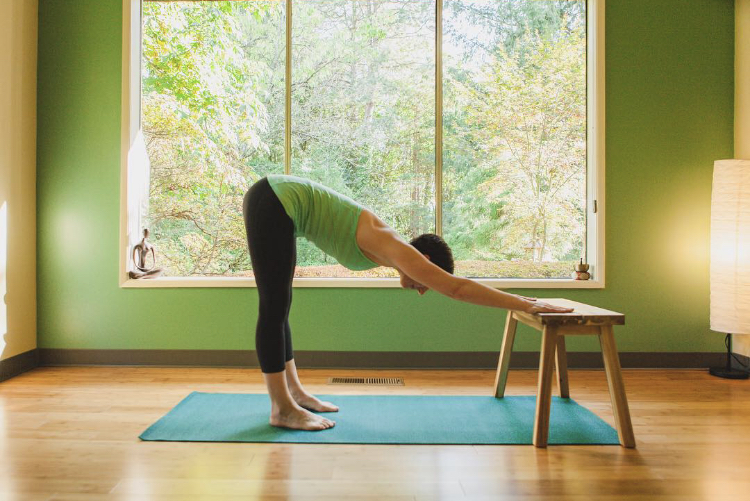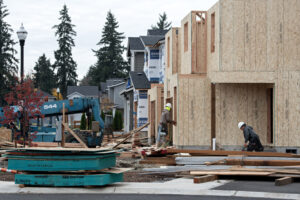Medical science has proven that uncertainty can exacerbate existing feelings of anxiety, stress and depression in people. And thanks to the COVID-19 outbreak, “no other time has been as uncertain as it is now,” said Emily Olson, co-owner of Washougal-based Ripple Wellness.
As a result, local mental health providers are helping their clients discover new routines, make adjustments and find positive things to focus on during this time of uncertainty.
“From what I’m hearing through the grapevine, stress levels are pretty high,” said Jeff Olson, co-owner of Ripple Wellness. “One of my patients said something to the effect of, ‘I’m just barely keeping my head above water through all of this.’ Some people (are affected) really bad. It’s really easy to react based on fear and anxiety right now. And for those who have those tendencies already, it’s an even harder time.”
Conditions exacerbated by stress — including autoimmune disorders, chronic pain and hormonal imbalances — are heightened during stressful times as well, Emily Olson added.
According to the Center of Disease Control (CDC), people who may respond more strongly to the stress of a crisis include older people and people with chronic diseases; children and teenagers; doctors, other health care providers and first responders; and people who have mental health conditions, including problems with substance use.





